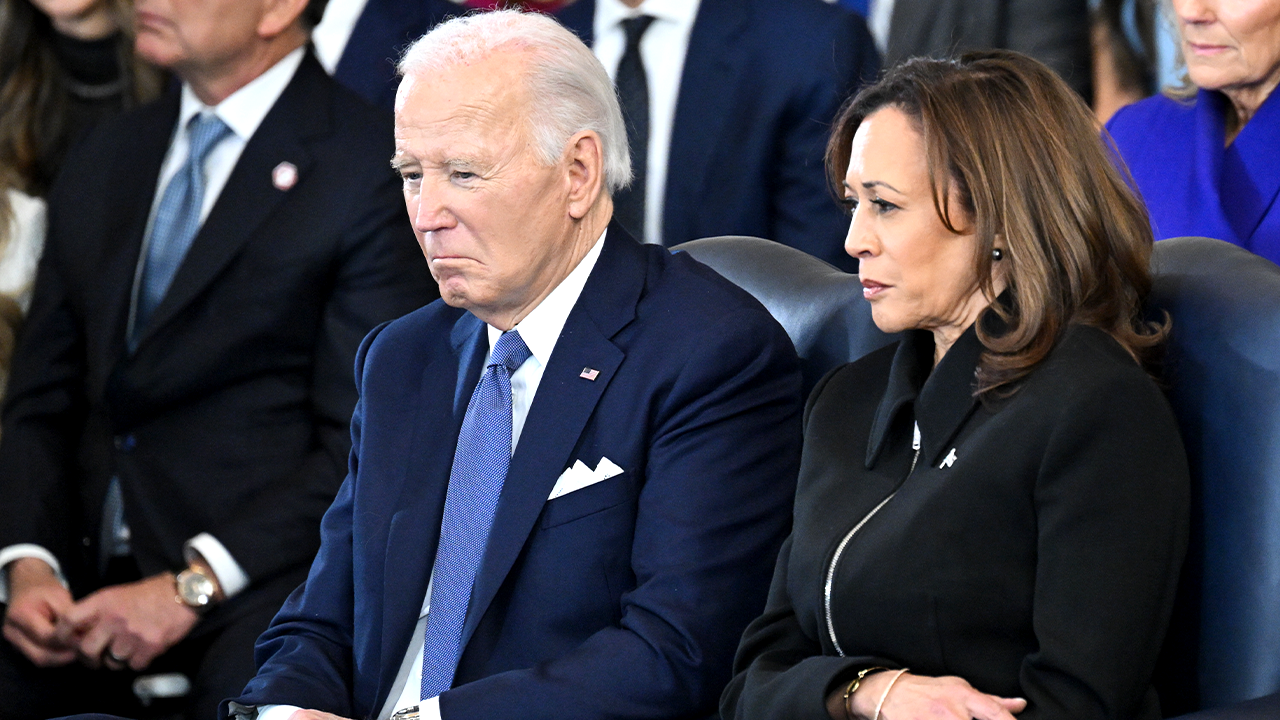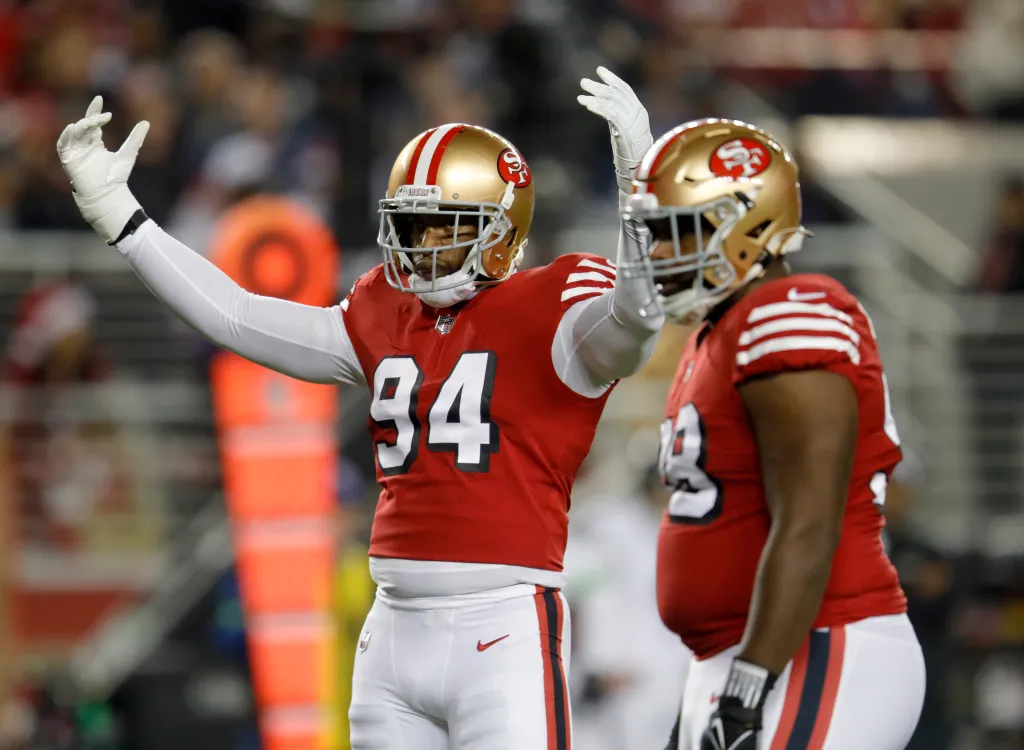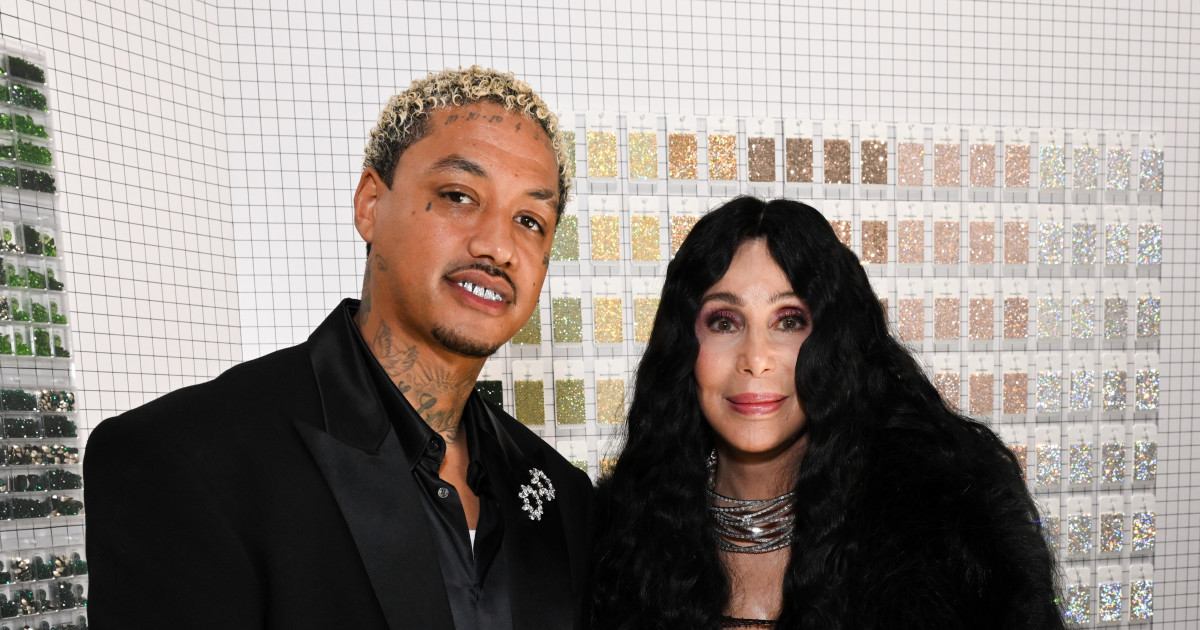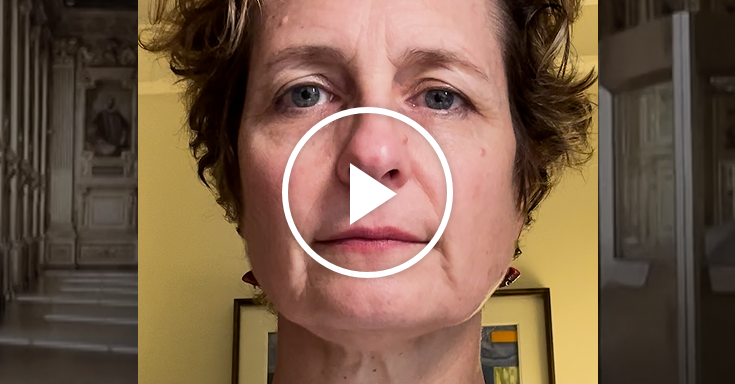Copyright gq
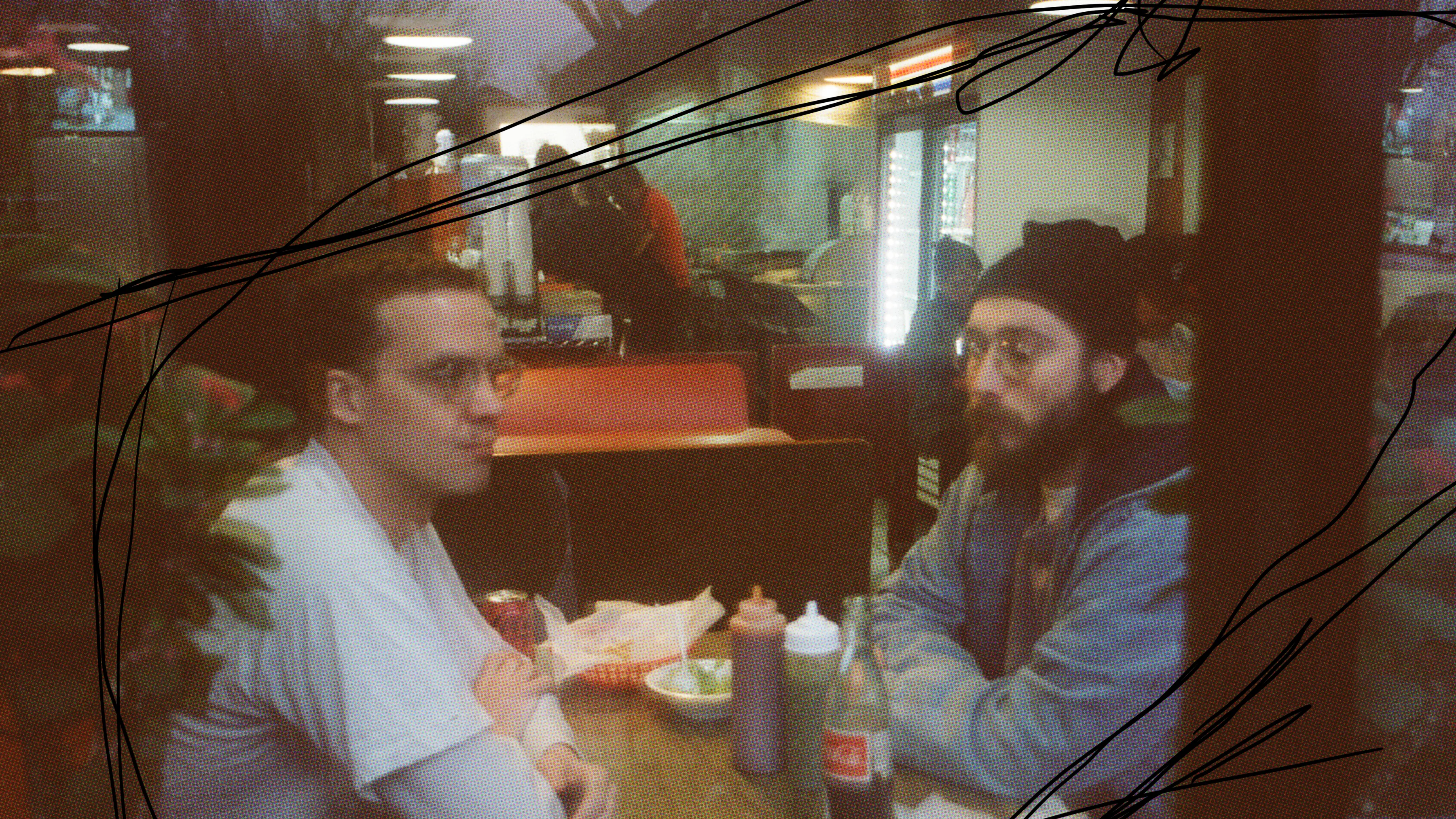
This is an edition of the newsletter Pulling Weeds With Chris Black, in which the columnist weighs in on hot topics in culture. Sign up here to get it in your inbox every Thursday. I absolutely loved Smith Westerns. Their second album, Dye It Blonde, is a Pitchfork Era classic that still holds up. That band had a public split, and a great new band emerged: Whitney. Their third album, Small Talk, comes out next week, but it feels timeless, like it’s always existed—the sound drifts between classic Americana, soul, and 1970s soft rock, all draped in a hazy, pastoral warmth. It is effortlessly listenable. Whitney’s guitarist Max Kakacek and drummer-vocalist Julien Ehrlich are best friends. They live together, record together, and tour together. I spoke to them from their shared home studio in Chicago about returning to form, bad reviews, finding a musical idea that sustains you, and being confronted with metrics. GQ: I have this great memory from when the first album came out. I was on this awful sailing trip in Mallorca that I didn't want to be on. I was in charge of music, and I played your first album, and that was one thing everybody agreed on. It became the soundtrack to this whole trip, where I was at my wit’s end. Then you guys went in a different direction for a little while. This feels like a return to form. Was that calculated, or is this “We did a lap, and now we're back?” Julien Ehrlich: Definitely the latter. It's funny —we basically sent ourselves down a path of extremes. When we made the second record, we weren't succumbing to pressure or anything, but a lot of people were like, "Do it again," because the first record did pretty well. The second record was so challenging to make because we didn't allow ourselves to paint with different colors. But I love the second record for that reason. It's a bit meta. You can kind of hear the struggle. There's some beauty in it. But since we made the second record that way, I don't think we would've made another Whitney record unless we completely shifted on the third record. This being the fourth record, we got the shift out of our system. We weren't being calculated to return, but it felt like we were free to make whatever we wanted for the first time. The first album is what music sounds like now. Everybody's got pedal steel. But you guys did that at a time when part of the reason it worked was because it felt very different. Now the world has gone in your direction. Musically, it feels like you're either Sabrina Carpenter or you have pedal steel. In between, the gulf is so enormous. Max Kakacek: That's one of the reasons that I love the new Geese. It checks neither of those boxes. It's such a great record, but it doesn't have pedal steel. It's funny that you bring that up. I'm not trying to hate, but the issue with pedal steel is that people will lean on it and forget to write a great song. It makes you go numb. You guys have been around for a long time, and you see how these trends come back around. Smith Westerns was a time, and Whitney was a time. But Whitney is a time again. Kakacek: I do remember having conversations at the end of Smith Westerns when Whitney was starting, and I was talking to some other Chicago musicians. They were like, "What are you working on?" I was like, "I think me and Julien are starting a country band." And they were like, "What the fuck are you talking about?" And this was in 2012, 2013. So "indie rock," big quotes there, was a completely different thing. Here we are. You guys have been professional musicians for a really long time. Was it touch-and-go for a little bit? Kakacek: I don't think we ever had that. The last record —just the critical and commercial reception of the previous record —was pretty negative. The same way I had that conversation with my friend, like, "What are you doing?" But being musicians who have been in it for so long, you have points where critical and commercial success are harder to come by. That's part of the ebb and flow of this industry. So it's getting your stripes. It was scary and new territory for us, but it also felt like we earned something. Now we're like, "Okay, let's get back to work." Obviously, they tell you, "Oh, you can't pay attention to that shit," and it's like, "Yeah, no shit, but I'm a human being.” I get shit on every day for what I say on our podcast, How Long Gone, and I don't really care—but that’s not my art. Is there a method to compartmentalize it in your brain, where you take that in and don't let it affect the output moving forward? Ehrlich: The method is continuing to make music and finding a musical idea that actually sustains you. You have to trust yourself. Ehrlich: It literally makes you high, and then you forget about whatever the fuck happened with your last record. Kakacek: It's also about finding a way to have pure fun writing again. With some of this, it was about going back to a 4-track cassette to start writing a song. That’s how the band started, and it’s a lot of fun. You don't have to focus on fidelity. It sounds charming right away, so you just get to create without thinking about what it means in a grander sense. It's play. Whereas if you get in your head like, "We need to make a reaction to this album," then you're not playing enough to enjoy what you're doing. What is your take on the music business in 2025? Is it that much worse than it was in the buzz band era, or is it the same? Kakacek: It's hard to say. Now you're confronted with a lot more metrics, so it's easier to find a case that's worse. It's easier to point to social media and be like, "This is why it's worse." But the business is probably close to the same. The artist's interface with reality is a little more apparent. I don't want data. Kakacek: I read Liz Pelly's book, and it was fascinating. The Spotify For Artists page is basically a second business —that's a really sneaky one. That whole structure has really caused a lot of disillusionment. That book [The Mood Machine: The Rise of Spotify and the Costs of the Perfect Playlist] was fascinating. I talked to her, but I was like, "Well, I know a lot of people who make a lot of money from Spotify and they're happy about it." Kakacek: I've spoken with people who share the same opinion. They're like, "Well, I have a family and a house because of Spotify.” But it's bands you've never heard of. That's this weird part, where you can make a whole living without being able to sell a single ticket. It's almost wholly disconnected from the music business, which is fascinating. I wanted to talk about drummers who sing. Did you do that growing up, or did you come to it later? Ehrlich: I started drumming when I was, like, two. I always sang backup. I'm so fluent with drumming that adding singing on top just wasn't hard. It's always about getting the mic in the right place. That is a real task for the tech. It feels like a different device from a regular mic stand. Ehrlich: Yeah, well, you’ve got to get a long goose neck and you need to make sure it has structural integrity, you know? This motherfucker is talking about structural integrity. Kakacek: We have sandbags on the rider. Ehrlich: Also, you can't be on a hollow stage because that shit will start rocking. Is there a top-five list of drummers who sing? Ehrlich: Anderson .Paak is the only one people seem to remember in modern day. Really? I'll put this on the record: I'd much rather listen to Whitney than Anderson .Paak. Ehrlich: In Australia, someone in between songs asked, "Are you better than Anderson .Paak?" Kakacek: We haven't had this conversation in a while, and I'm glad we're starting this beef up again. I want the competition show between you guys to be one-on-one. Kakacek: It's funny because early on, like in 2014, 2015, we both played South By [Southwest] at the same time. Anderson .Paak was obviously blowing up, and we were just kind of getting a manager or something. That was the first time I'd heard about him. Why have you guys not left for New York or LA? Do you just like Chicago, or does it feel like it's part of the process of making music for you? Kakacek: I thought I was going to move to LA for a romantic thing a few years back. Growing up in Chicago, New York would make more sense for me. I like being in a city, around buildings and whatnot. But the amount of space for studios is so much more limited. Chicago is the perfect mix. Ehrlich: Otherwise, you have to be rich. Kakacek: Yeah, in Chicago, we have a studio in our apartment that we can use. You guys live together? Kakacek: Yeah. Y'all can't get enough. But yeah, every guy I know in New York with a real studio is rich. When you have the whole floor in Tribeca or on Bowery, that's a different thing. But I've come around on Chicago as I've gotten older. At first, I was like, "Fuck this. This is fake New York.” And now I kind of love it, I think it’s cool. Ehrlich: We get asked about Chicago quite a bit. The music community—not getting sappy with it, but there isn't a social-climbing aspect to it at all. It's really working-class. That’s real there. Ehrlich: Yeah. It's genuine, not petty. Everyone literally just supports each other. It actually feels fruitful. Kakacek: There's a certain level of musicianship here. You don't often see a band coming out of Chicago where the people don't know how to play. Everyone's really studying their shit here. If you're able to make it out of Chicago, usually the record's pretty fucking good. I didn't realize you guys live together. How is this relationship? Have you guys ever gone to therapy or anything? Ehrlich: Well, I did get married at the beginning of the year to a lady from Copenhagen. So you're telling me you're married to a Danish chick, but you live with your homie? Ehrlich: Yeah. She's just straight up going to move into this apartment. Kakacek: Yeah, but the visa shit's insane. They've been married for a year, and she can't get a visa. How long have you guys lived together? Kakacek: Like a decade, but we've also both had relationships and stuff where I’d stay at my girlfriend's house pretty much like 100% of the time and just come here during the day to work. You figured out a way to make it work. But I'm always in awe of people who have a partnership where you’re actually friends. It's hard to maintain that when it's also a business. Kakacek: I think we’ve found a good balance. We're a six-piece on stage, a piece spiritually with our front of house. We've had different tour managers and they've mentioned, "Y'all just seem like homies, which is different than what I'm used to." We go on tour, and we just hang out all the time, and we're trying to watch soccer games or get dinner together and shit whenever we can. And they're like, "Usually people don't talk and then they play the show." It's not like you guys are The Rolling Stones, where everybody has their own manager and you stay in your corners. It's still high-touch. Kakacek: Yeah. But I'm appreciative. The people we've decided to have in this band from day one are all of those kinds of people who love playing music, are down for the work, and are down to hang. The MJ Lenderman Story You Haven’t Heard A Cult-Classic Doc About Indie Rock’s Greatest Feud Returns—As a Meditation on a Revolution that Never Happened What Spotify Really Costs Us
